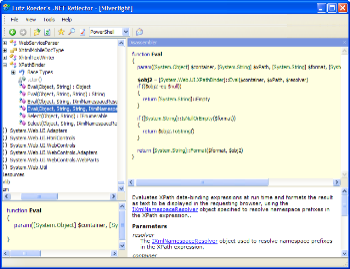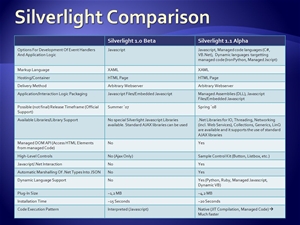CheckFree Closes Deal to Acquire Corillian - Now the real work begins
 This just went out. Today CheckFree completed acquiring Corillian. It started in February, and the acquisition phase is complete. Now the real work starts.
This just went out. Today CheckFree completed acquiring Corillian. It started in February, and the acquisition phase is complete. Now the real work starts.
In the press release, this sentence struck me:
The combined organization will have the potential to provide a market-leading, fully integrated, secure and scalable online banking, electronic billing and payment platform. Together, CheckFree and Corillian’s platforms serve 21 of the top 25 financial institutions, more than 40 million online banking consumers, more than 31 million electronic billing and payment consumers, and more than 250,000 small businesses.
It's going to be interesting as our little 300 person company becomes part of a 3000+ person company, but the potential for good that we can do is so much greater as one entity. We'll be learning about the new organization and how we fit into it in the coming months. I visited the campus in Atlanta, Georgia and got to hang out with a number of the key players working on the integration and I can attest to the coolness of their corporate culture. We'll see what tomorrow will bring. Wish me luck.
About Scott
Scott Hanselman is a former professor, former Chief Architect in finance, now speaker, consultant, father, diabetic, and Microsoft employee. He is a failed stand-up comic, a cornrower, and a book author.
About Newsletter

 The one I've been messing with for the last few weeks is the PowerShell Language Add-in. Reflector can "decompile" (not the correct word) the IL within an assembly and show you the "intent" of that IL in any number of languages like C#, VB, Delphi, etc.
The one I've been messing with for the last few weeks is the PowerShell Language Add-in. Reflector can "decompile" (not the correct word) the IL within an assembly and show you the "intent" of that IL in any number of languages like C#, VB, Delphi, etc. 









 There's a lot of Silverlight in the air right now. I haven't seen the 'net abuzz like this since
There's a lot of Silverlight in the air right now. I haven't seen the 'net abuzz like this since